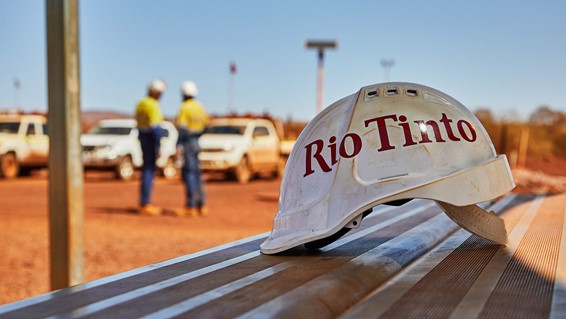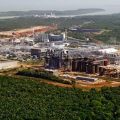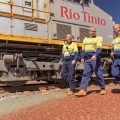Multinational Rio Tinto is investing $87 million to increase its production of low-carbon aluminum in Canada with 16 new pots at its AP60 smelter in Canada’s Saguenay region of Quebec.
Thus, the company expects the global aluminum market to grow by an average of 3.3% per year over the next decade and the global aluminum industry to maintain an average growth rate of 2.5% per year, with strong demand driven by the energy transition and decarbonization.
According to the company, the investment will increase the smelter’s production by approximately 45%, or 26,500 metric tons per year of primary aluminum to a capacity of 86,500 metric tons, and will secure the future of about 100 jobs at the facility.
Rio Tinto Aluminum CEO Ivan Vella emphasizes that “Rio Tinto is committed to strengthening its leadership position in the production of low-carbon aluminum from hydroelectricity to meet the demand of our customers in North America and Europe. AP60 technology is one of the most energy-efficient, environmentally friendly and cost-effective technologies available today. It produces one of the lowest carbon content aluminum in the world using Quebec’s renewable hydroelectricity. We are currently evaluating other investment opportunities as we advance the development of ELYSISTM carbonless casting technology with our partners.”
The new cells will be built in the existing AP60 technology center building at the Complexe Jonquière, which has a total of 38 cells. Work will begin in the spring of 2022 and is expected to be completed by the end of 2023.













